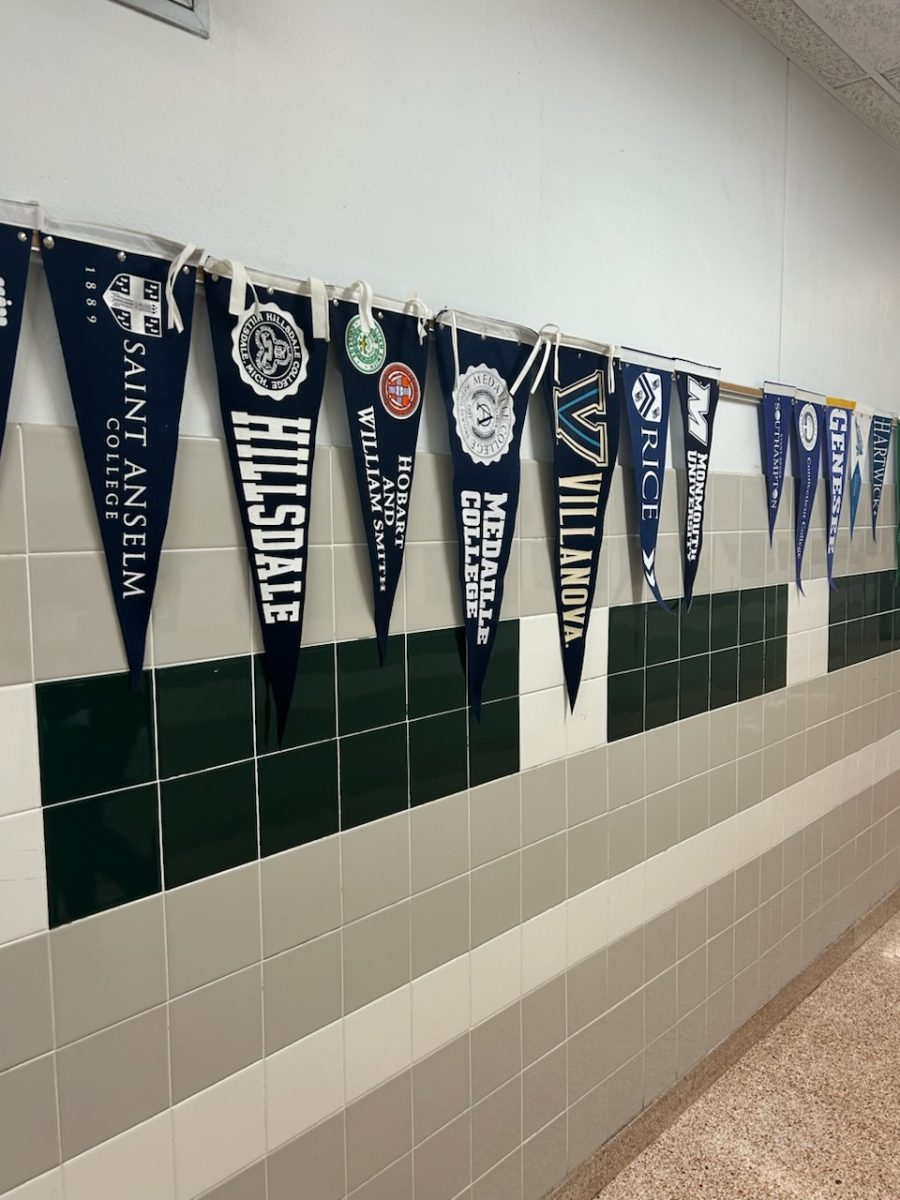Are you a senior planning on going to college and can’t decide where to go? Or maybe a junior preparing for your college search? Here are some tips to help you choose the college for you.
- Location
Suburban, rural, and urban have very different campus settings.
Examples of suburban colleges are: Binghamton University, University of Connecticut, and Syracuse University. These colleges have a contained campus and are typically located in a large town. Outside of the campus there are neighborhoods and local businesses.
Examples of rural colleges include: Dartmouth College and SUNY Canton. These campuses are near farms and/or small towns. There’s a big sense of community in this location because most of the residents will be college students.
Examples of universities that are based in urban settings include: NYU, UChicago, Boston University. These schools are located in a big city, and that’s not for everyone! They have busier settings than rural and suburban colleges, and they tend to have more sprawled out campuses.

- Class size
Within a university, having a larger class size oftentimes means there’s more activities, clubs, and people to interact with. While this seems like an upside, there will be more students in your class as well, leading to more competition and less personalized learning within the lecture room.
Having a smaller class size could lead to less clubs, less social gatherings, but your connections with your classmates are closer. There might be more chances for you to stand out within your student body as well.
- What they offer for you
Research about the university and see what they specialize in. For example, if you are stuck between two institutions as an English major, one of them is a STEM-based school, while the other is liberal arts, go with the liberal arts option. The materials and opportunities are greater if you choose a university that feeds into your interests.
- Demographics
Consider the aspect of diversity when choosing your college. For example, if you feel you have been going to high school in a minimally diverse environment, maybe it’s time to expose yourself to new people.
- Dorms
Visit the college or look online and see what people are saying about the dorms. Afterall, that’s where you are sleeping for an entire school year! It’s important to be comfortable where you are resting.
- Expenses
If you plan on going to grad school after undergrad, be sure to prioritize how much money the college really is. It’s not smart to put yourself in immense debt after you have graduated from college. While it’s incredibly tempting to choose somewhere that is renowned and prestigious, many of those schools have a high tuition cost. Let’s not forget about personal expenses, housing, and dining costs. Unfortunately, finances play a big part in the college decision process. Ask yourself, is the cost worth it? Be sure to apply for financial aid and scholarships, whether it be need- or merit-based.
Keeping these in mind, make sure to go somewhere that feels right for you. That’s what matters the most! Good luck choosing, and don’t forget that wherever you go you will succeed.









